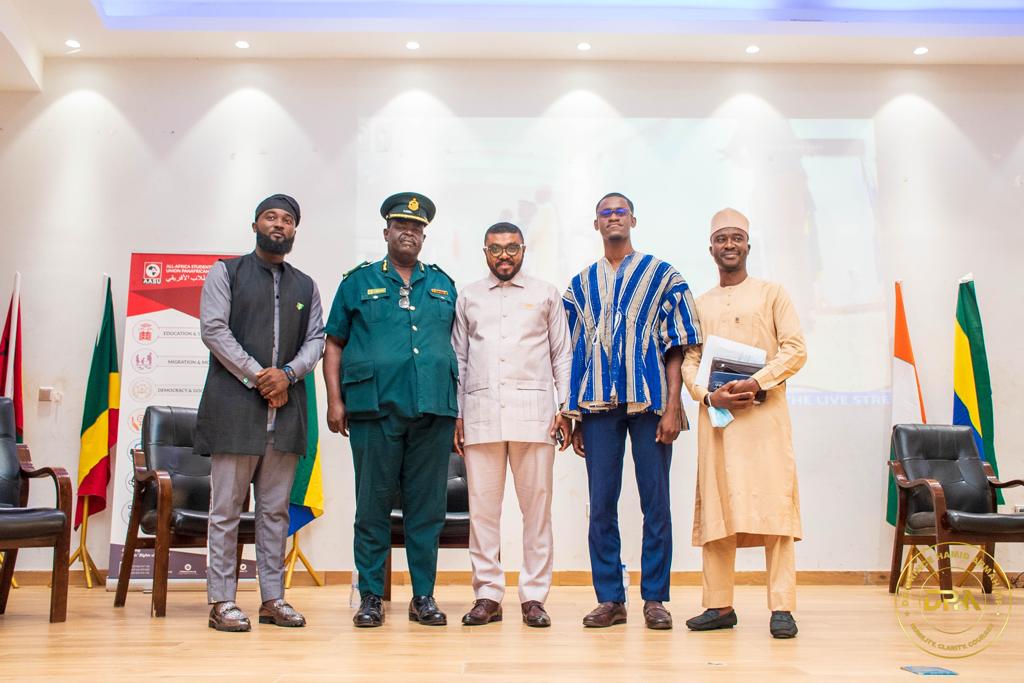According to the deputy director of the Russian Ministry of Education and Science, Dmitry Afanasyev, all Russian universities have been excluded from the Bologna education system.
According to TASS, Afanasiev claimed at a meeting of the Federation Council Committee on Science, Education and Culture on April 11 that the Bologna Group “had taken the decision to stop the representation of Russia and of the Republic of Belarus in all organizations of the Bologna Process. ”
After the heads of Russian educational institutions signed a petition of the Russian Rectors’ Union supporting the special operation in Ukraine, Russian educational organizations were expelled from the Bologna process, according to the official.
Valery Falkov, Russian Minister of Education and Science, said Bologna’s education system had been abandoned due to changing conditions in the country. Moreover, the application of this pedagogical approach has not yielded predictable results in terms of the quality of education.
The Bologna education system is a concept applied in the educational spaces of the main European countries since the publication of the Bologna declaration in 1999.
- The Bologna Process brings together 48 States. Russia joined in 2003, after which a two-tier education system began to take shape in the country – bachelor’s degree (four years) and master’s degree (two years).
- Previously, Russian students only studied for a specialist degree — they received a degree after five or six academic years. This form still exists in a number of fields and universities, but members of the Bologna process as a rule equate Russian specialists with bachelors.
- The Bologna system makes it possible to obtain a bachelor’s degree in a particular field and to obtain a master’s degree in another. The idea is to give students the opportunity to combine knowledge from various fields and to choose a profession at the crossroads of the specialties they have mastered.
- In addition to the license-master system, participation in the Bologna process implies that the participating countries mutually recognize their diplomas and ensure academic exchanges between teachers and students.



